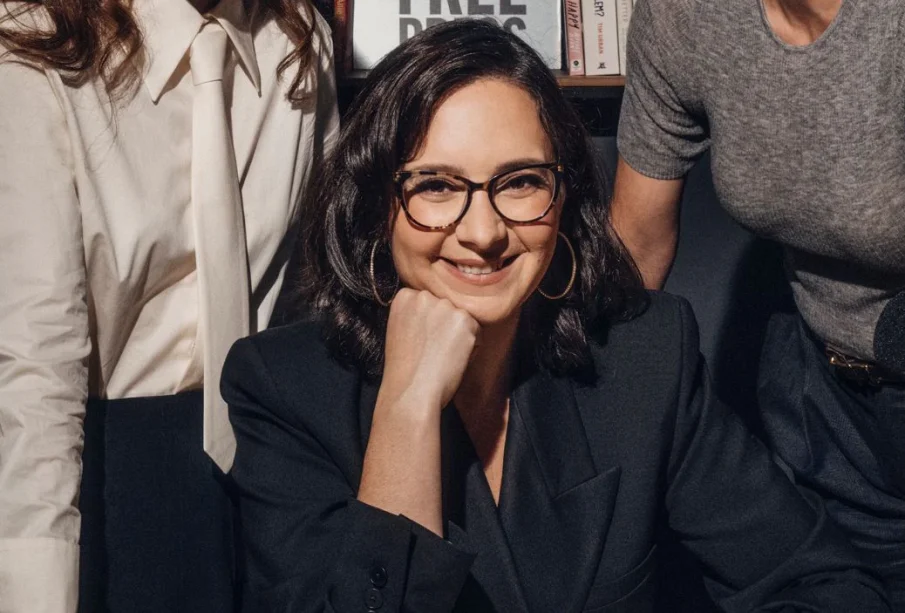Bari Weiss: A Visionary Voice in Modern Journalism

Introduction
Bari Weiss, a prominent journalist and author, has carved a niche for herself in contemporary media through her bold perspectives and commitment to free speech. As debates over journalistic integrity and political correctness continue to intensify, her work has sparked discussions among both supporters and critics. Weiss’s influence extends beyond her writing; she embodies the complexities of modern discourse, making her a significant figure in today’s cultural landscape.
Background
Bari Weiss was born on February 25, 1984, in Pittsburgh, Pennsylvania. A graduate of Columbia University, she started her career at the Wall Street Journal before moving to The New York Times, where she earned a reputation for her contrarian views on a range of issues, from politics to social dynamics. Her tenure at The Times was marked by her op-ed columns and editorial work, tackling sensitive subjects such as anti-Semitism and the cultural wars dividing society.
Controversy and Resignation
In September 2020, Weiss made headlines when she resigned from The New York Times, claiming she felt the publication was stifling dissenting voices. In her resignation letter, she expressed concerns over the internal culture that discouraged nuanced debate and promoted a homogeneous ideology. This move ignited a broader conversation about freedom of expression in media and academia, as her experience resonated with many others who faced similar dilemmas.
Current Endeavors
Since leaving The Times, Weiss has continued to pursue her passion for writing and critical discourse. She launched the Substack newsletter called “Common Sense” where she shares her views on various topics and engages with her audience in a more direct and unfiltered manner. Weiss has also become an influential speaker and commentator, advocating for diverse perspectives in media and challenging the prevailing narratives on many contemporary issues.
Conclusion
Bari Weiss’s trajectory in journalism reflects the ongoing struggle for diverse voices in a polarized environment. Her commitment to free expression and her willingness to tackle difficult subjects make her an important figure worth following. As discussions around media ethics and the role of journalists evolve, Weiss’s insights are likely to inspire future generations of writers and thinkers. Her career serves as a reminder of the enduring necessity for open dialogue in both media and society at large.









